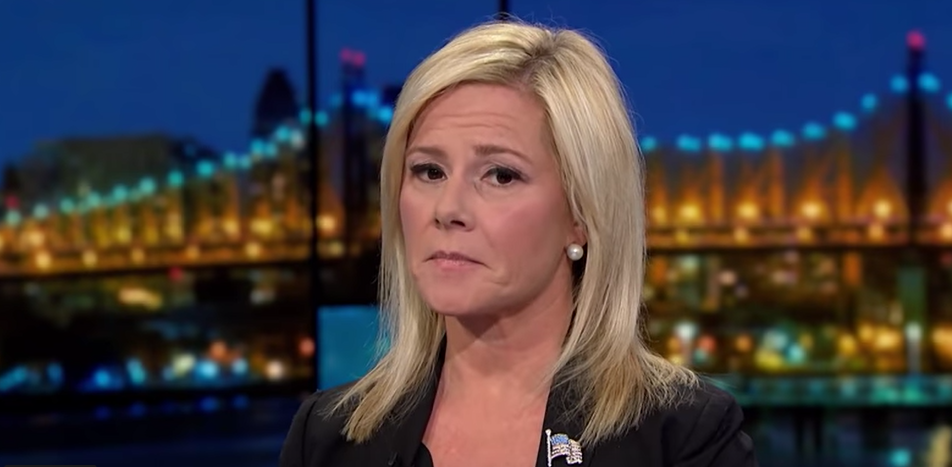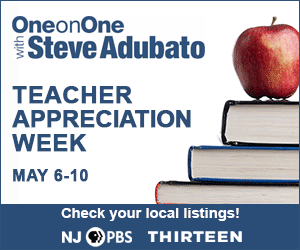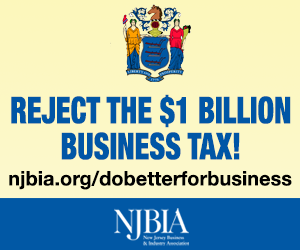U.S. Supreme Court to Hear Bridget Kelly Appeal Tuesday

Politics is nasty and vindictive. But that’s not a crime – it’s just the way things are. Strip away the legal prose and citations and that just about sums up the argument of the Bridget Kelly legal team before the U.S. Supreme Court, which is set to hear the latest chapter in the classic New Jersey scandal lovingly known as Bridgegate this coming Tuesday.
We must digress. You may have thought this saga, which likely derailed Chris Christie’s path to higher office, was over. After all, it has been six years since we all read Kelly’s infamous email about, “Time for some traffic problems in Fort Lee.”
To recap, Both Kelly, who worked in Christie’s gubernatorial office, and Bill Baroni, a muckety-muck with the Port Authority of New York and New Jersey, were convicted in federal court for their involvement in a crazy scheme that closed two of three lanes connecting downtown Fort Lee to the George Washington Bridge in September, 2013, presumably to punish the town’s mayor for the sin of not endorsing Christie’s reelection. This caused massive traffic tie-ups in Fort Lee for the better part of a week, inconveniencing untold thousands of people.
Baroni and Kelly were convicted and sentenced to 24 and 18 months respectively. This had to do with messing up traffic on a busy bridge, but in legal speak, the convictions revolved around deceit – they lied to the public about the reasons for the closure – and depriving the Port Authority of its ability to conduct business honestly and properly.
Most of the charges against the pair were upheld on appeal, but a few were dismissed. That reduced the sentences to 18 months for Baroni and 13 for Kelly. Baroni accepted his apparent fate and entered prison. Kelly, however, appealed to the Supreme Court, which surprisingly to some legal observers, agreed to hear the case. And that hearing is set for Tuesday. Baroni by the way was released from custody after the court agreed to hear the case. He has also joined Kelly’s appeal.
In its appeal for the court to hear the case and in a subsequent brief, Kelly’s legal term, which includes well-known New Jersey attorney Michael Critchley, seeks to turn things around by creatively arguing that the established lane set-up on the bridge was itself the product of a political deal.
The filings suggest that it was the politics of yesteryear that reserved three access lanes to the bridge toll plaza from downtown Fort Lee in the first place. The strategy here is obvious. If a political deal gave Fort Lee three lanes to the bridge, what’s the problem if another political deal unraveled it?
In real life, of course, the so-called Fort Lee lanes are not merely used by residents of the borough. They are used by countless drivers who know their way around the congested streets of eastern Bergen County. It seems erroneous to view the three lanes as overly beneficial to Fort Lee.
In what may mean something, or nothing at all, four of the nine Supreme Court judges – Alito, Kagan, Ginsburg and Sotomayor – have roots in New York or New Jersey, which means they likely are familiar with the bridge and its traffic patterns.
Another part of the petitioners’ argument appears to rest on a rather cynical foundation – closing local lanes was politics as usual, and that’s just the way politicians act.
In its petition seeking court review – or more technically “certiorari” – lawyers for Kelly submit that “in an ideal world, public officials would always act solely in the best interest of the public. But our world is decidedly not ideal and politics is one of its inherent features, accepted as the cost of democratic accountability. Officials thus constantly have their own political interests in mind.” The filing then chides the Third Circuit Court of Appeals, which upheld the convictions, for failing to understand this.
Later, in its brief relevant to Tuesday’s hearing, Kelly’s lawyers admit that the alleged conduct at bar was “petty, insensitive and ill-advised.” But they argue that political abuses of power should be addressed politically, not by the court system.
If you follow this argument to its ultimate conclusion, it’s possible that no public official would ever be convicted of any corruption charge.
Interestingly, U.S. Senator Sheldon Whitehouse of Rhode Island has weighed in with a “friend of the court” brief supporting the government’s position.
Without officially taking a direct position on the case, Whitehouse argues that juries – like the one that convicted Kelly and Baroni – serve as “sentinels” against public corruption.
“We should have faith in a jury’s ability to know corruption when it sees it,” he writes. “Or we should have no faith at all.”
So, there you have it – cynicism vs. idealism.








Leave a Reply